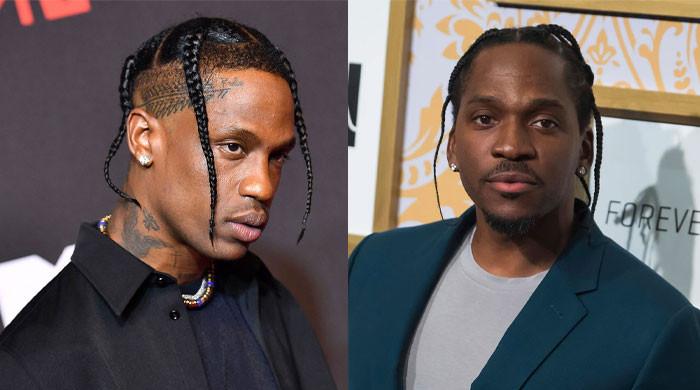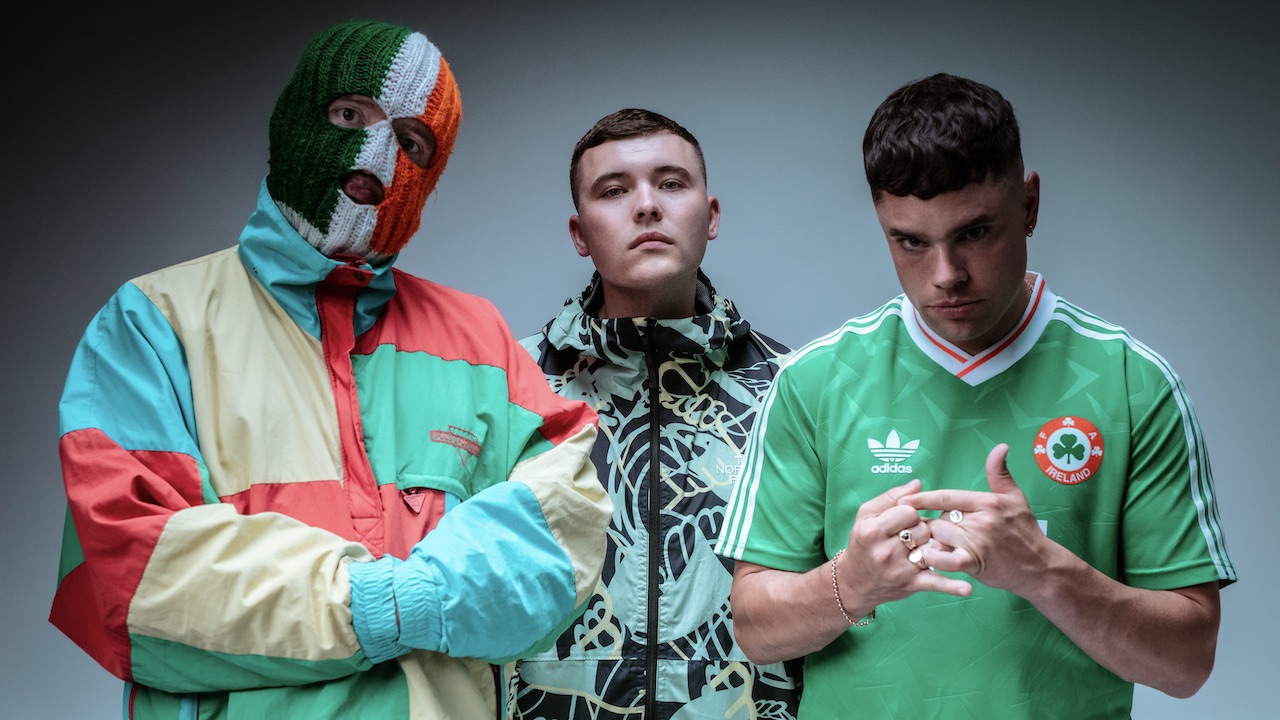Confronting our dark history: A personal reflection for national cohesion - Mudaththir Dangaata
In the last few days, Wodemaya, a Ghanaian-Pan-African YouTuber, found himself under extreme pressure within many Ashanti voices calling for an apology to the ancient kingdom for a statement made, which didn’t go down well with many Asantes.
This piece does not seek to appropriate rightness or wrongness to anyone but attempts to look beyond the passionate literal intercourse and salvos alike.
Notwithstanding the controversies and the rather needless attempts to obfuscate or rather divert attention from the crux of the matter, especially on social media, I am particularly glad that Wodemaya has started the very uncomfortable conversation that we ought to have as a nation 100s of years ago.
I longed for such a moment in our national life where we could have an honest, dispassionate conversation about our history. This is rooted in my conviction that the only way we can grow past some of this unfortunate historical maleficence is by confronting it holistically without any reservations or bitterness. This will birth the true conviviality and mutual trust we have always needed in our nation-building.
We cannot continue living in denial of how past events have shaped our nation today, the concomitant effects of which stand to shape our future. The existing animosity among various tribes and ethnic groups in Ghana, though poorly masked, is a result of refusing to confront that bitter past as part of our healing process (if there was any) in the lead up to nationhood in the 19th century.
If we could forgive the Europeans for the vile human carnage they carried out against our forebears, why can we not have a open, honest conversation about our bitter past, the roles that we played or not, where we fell short, apologies rendered where necessary and forgive one another wholly in the interest of our collective development?
In 2015, I was exposed to an aspect of our dark history during slavery whilst reading Why Nations Fail by Daron Acemoglu & James A. Robinson (Ref: Chapter 9: Reversing Development). For the first time, I learnt about the African people/groups’ complicity in the over 400 years of the slave trade.
The role played by our people was unconscionable, and this is not limited to one ethnic group in Ghana – the worst things happened in Nigeria, especially by an oracle named Arochukwu (and its partner in crime, the Aro Slavers) – a renowned deity of Igbo, Ijaw and the Ibibio people.
It was a frenzy, inspired by the inherent desire for wealth, power, and control, which characterised that moment in our history. Sadly, some of our people still harbour that insidious hegemonic tendency.
Other African states at the time who got a prominent mention in relation to slavery were Oyo in Nigeria, Dahomey in Benin and Asante in Ghana (Ref: Pages 251 – 256 of Why Nations Fail. So Wodemaya may not be wrong in context, but I digress…
I remember asking myself how the Three Chiefs in Bechuanaland (now Botswana) managed to look beyond their selfish, individual aspirations and consider the collective good of their people and sail to Britain in 1895 to negotiate a deal that set the path of the prosperity the nation is experiencing today. Bear in mind that there were eight tribes/states in Bechuanaland at the time. Around the same time, our chiefs were busy with frantic slavery orgy.
The endless questions that troubled my mind piqued my curiosity in exploring my family history. Lo, I was confronted with the information I shuddered to imagine – my family had a history of slavery. Not only did my maternal ancestor arrived in what became Gold Coast and now Ghana with slaves from Nigeria, my paternal ancestor, I was told, was an active participant in the slave industry and had a stake in the Salaga Slave Market, which remains till today, a symbolic monument of the ravages of slavery.
To date, there exist remnants of slavery in my family, with the name of my ancestral neighbourhood emblematic of its busy days as an active slavery host and dealership. There are still family members whose lineage is traceable to the slaves who were integrated into the family after the ban and demise of our premier.
My personal decision to confront that past helped me so much in my healing and personal development, and I believe doing the same as a nation will go a long way to help us be more forgiving about the sins committed against one another in the past.
My initial aversion and spite towards my family’s dark history upon the discovery transformed over time into a conscious and honest decision to be open-minded and more forgiving about my family’s past. It helped me to be kinder and more human in my approach to people and the world. I became more forgiving.
As a nation, we have more to achieve in reflecting our dark history with grace and open-mindedness than seeking to justify, generalise, deny or deflect when conversations about these deep-rooted, unresolved ethnic conflicts arise. The fact that they arise and the discourse is characterised by flaring passions and emotions is indicative of the grudges/resentments we have been harbouring against one another for generations.
Maybe it is time we take the pain in confronting our past in order that we can forgive one another and live more harmoniously and united in our national aspirations and interests.
May I conclude with the words of the President of the Republic, H. E. John Dramani Mahama, on the occasion of the National Day of Prayer and Thanksgiving on Tuesday, July 1st, 2025 at the National Mosque, where he said, “We must speak a language of peace, compassion and mutual respect. We must build bridges, not barriers, for we are one people sharing the same land and pursuing one identity and destiny.”
The time is here!
You may also like...
Diddy's Legal Troubles & Racketeering Trial

Music mogul Sean 'Diddy' Combs was acquitted of sex trafficking and racketeering charges but convicted on transportation...
Thomas Partey Faces Rape & Sexual Assault Charges

Former Arsenal midfielder Thomas Partey has been formally charged with multiple counts of rape and sexual assault by UK ...
Nigeria Universities Changes Admission Policies

JAMB has clarified its admission policies, rectifying a student's status, reiterating the necessity of its Central Admis...
Ghana's Economic Reforms & Gold Sector Initiatives

Ghana is undertaking a comprehensive economic overhaul with President John Dramani Mahama's 24-Hour Economy and Accelera...
WAFCON 2024 African Women's Football Tournament

The 2024 Women's Africa Cup of Nations opened with thrilling matches, seeing Nigeria's Super Falcons secure a dominant 3...
Emergence & Dynamics of Nigeria's ADC Coalition

A new opposition coalition, led by the African Democratic Congress (ADC), is emerging to challenge President Bola Ahmed ...
Demise of Olubadan of Ibadanland
Oba Owolabi Olakulehin, the 43rd Olubadan of Ibadanland, has died at 90, concluding a life of distinguished service in t...
Death of Nigerian Goalkeeping Legend Peter Rufai

Nigerian football mourns the death of legendary Super Eagles goalkeeper Peter Rufai, who passed away at 61. Known as 'Do...




